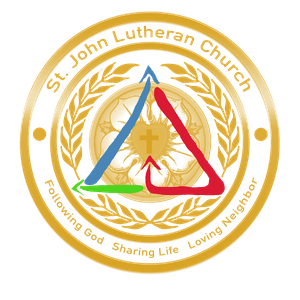Our Beliefs
Along with the guiding principles of the Apostles’ and Nicene Creed, we boldly proclaim our affirmation of the following beliefs:
- We believe that the Scriptures of the Old and New Testaments were written by men divinely inspired and that they are the only infallible rule of faith and practice.
- We believe in One God, Creator of all things, existing in three persons – Father, Son and Holy Spirit, who are of one substance and equal in power.
- We believe that Jesus Christ is the one true Son of God, that he died for all on the cross of Calvary, rose from the grave, and that he will come again.
- We believe that the ministry of the Holy Spirit is to convict, convince and convert all of the Lordship of Christ and to restore the believing sinner to relationship with God the Father.
- We believe that Baptism and Communion are the two sacraments which were instituted by Christ. These Sacraments are not a means to salvation, but are an outward sign of the inward works of God's grace.
- We believe that baptism is available to all, either by their own choice as an adult, or through covenantal baptism at the decision of their parents.
- We believe that only those who profess Christ as Savior and are Baptized into the faith are eligible to receive communion.
- We believe that it is the duty of all Christians to carry the gospel with them wherever they go, declaring Jesus to be Lord through word and action.
Holding to our tradition as a Lutheran congregation we also affirm the following:
- We believe, and accept the Unaltered Augsburg Confession and the Small Catechism as true witnesses to the Word of God, normative for our teaching and practice.
- We believe, teach, and confess the other confessional writings in the Book of Concord namely, the Apology of the Augsburg Confession, the Smalcald Articles, the Treatise, the Large Catechism, and the Formula of Concord, as further valid expositions of the Holy Scriptures.

